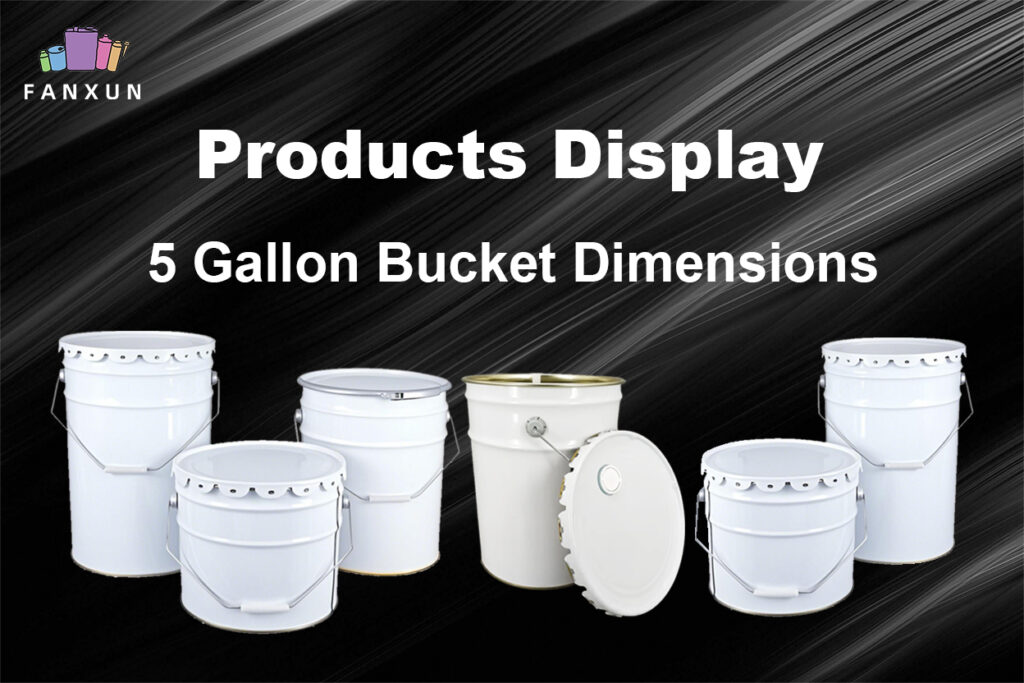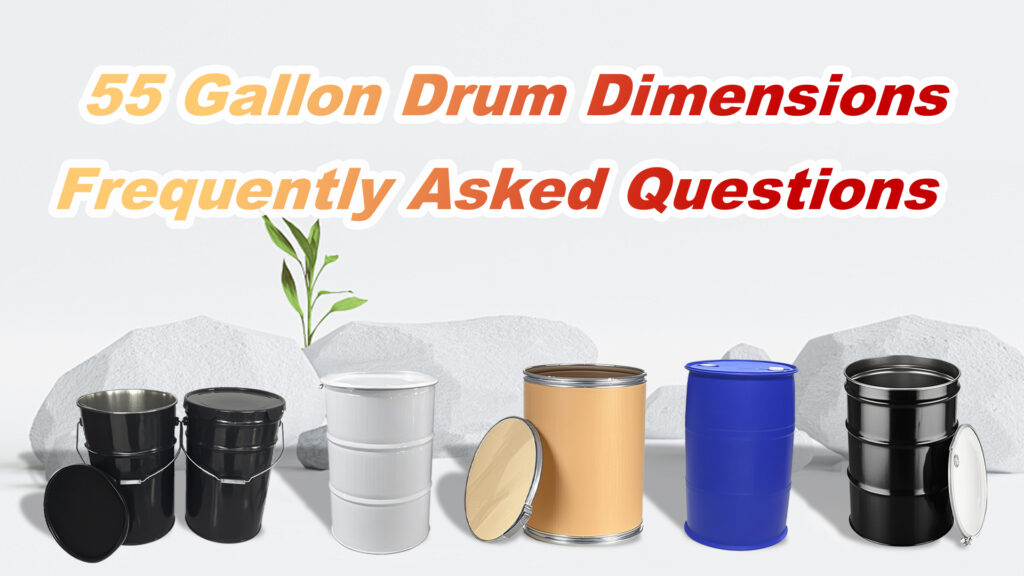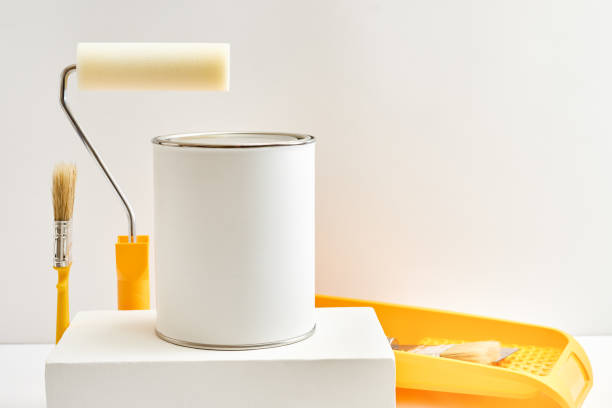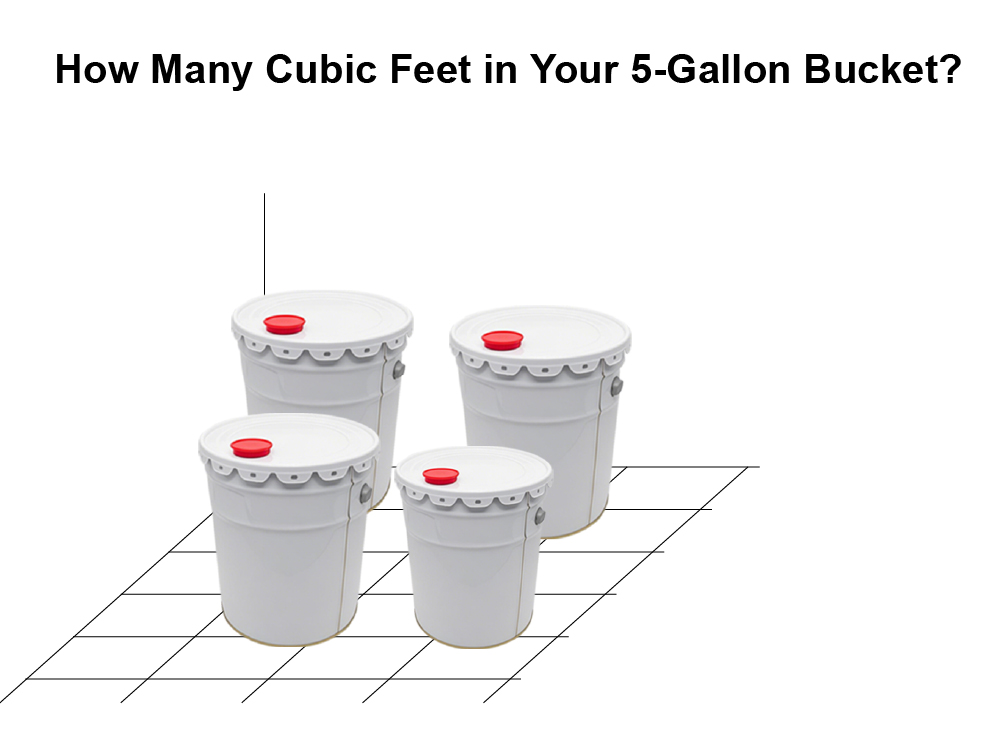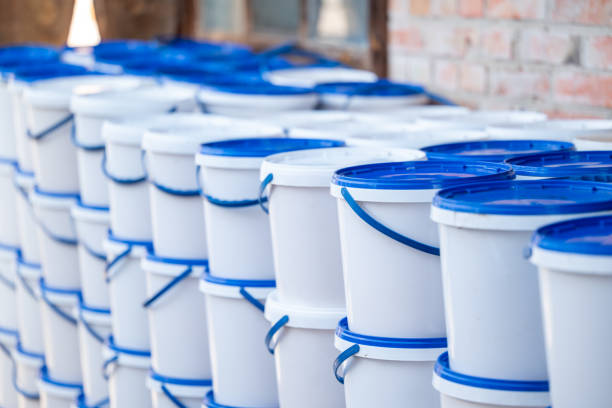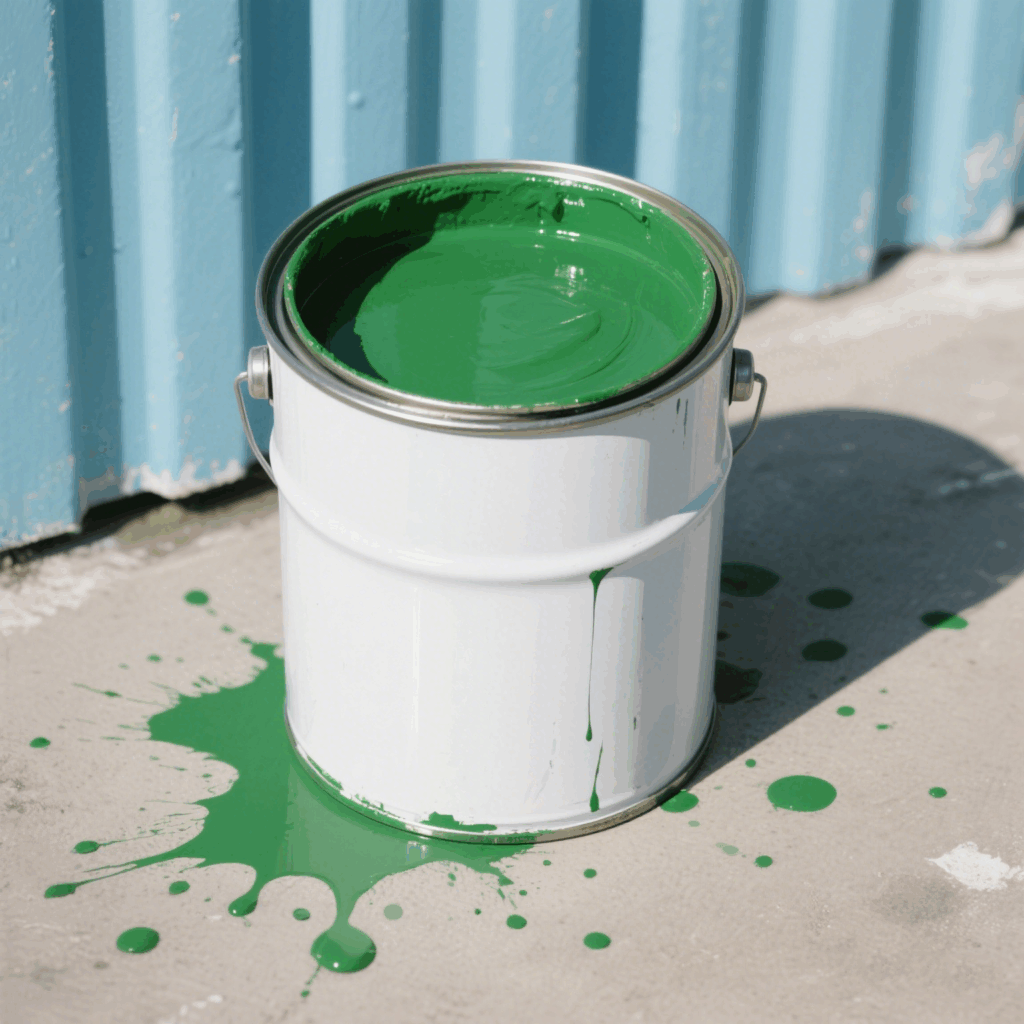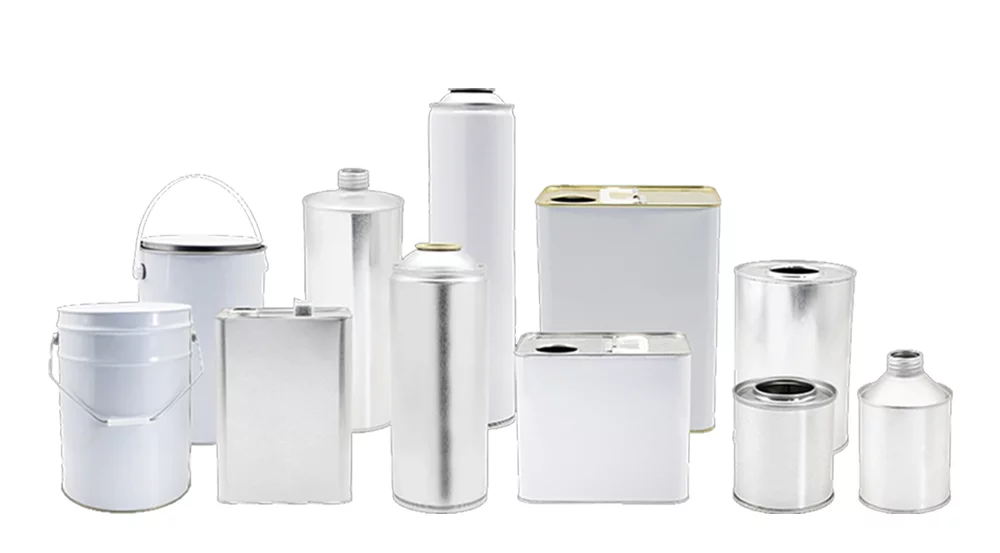One of the most common questions car owners have is whether it’s safe to add brake fluid while their car is hot. After all, your car’s braking system is vital to your safety, and proper maintenance is essential for long-term performance. If you’re unsure about the correct approach to adding brake fluid, this guide will walk you through everything you need to know.
Let’s dive into the details, explore the risks of adding brake fluid to a hot car, and discover the best practices to keep your car’s braking system in top condition.
Understanding Brake Fluid and Its Role
Before we get into whether you should add brake fluid to a hot car, let’s first understand what brake fluid does. Brake fluid is the hydraulic fluid that powers the braking system of your vehicle. It transfers the force from your foot on the brake pedal to the brake pads, which then press against the brake discs to slow or stop the car.
Brake fluid operates under high pressure and in extreme temperatures, which is why it’s essential to maintain the proper fluid level and condition. If your brake fluid is too low, the braking system may not perform optimally, leading to a significant safety risk.
Can You Add Brake Fluid When the Car Is Hot?
The short answer is yes, you can technically add brake fluid to a hot car, but it’s not always the best idea. Here’s why:
-
Hot Components Can Be Dangerous: When the car is hot, the engine and brake system components can be under high pressure. Adding brake fluid while these components are hot could lead to burns or injury, especially if the fluid comes into contact with hot surfaces.
-
Brake Fluid Boiling Point: Brake fluid has a specific boiling point, which is usually around 500°F (260° C.) for high-quality fluid. When you add fluid to a hot system, the sudden temperature difference can cause the brake fluid to bubble, potentially leading to erratic braking behavior. This could make your braking system less effective.
-
Expansion of Fluid: Brake fluid expands as it heats up. If you add fluid to a hot system, you risk overfilling the reservoir, which could cause fluid to spill and damage surrounding components, such as electrical parts or paint.
-
Risk of Contaminants: When you open the brake fluid reservoir, contaminants like dust, moisture, or debris can enter the system. This is even riskier when the car is hot, as the moisture could lower the boiling point of the fluid, compromising brake performance.
Best Practices for Adding Brake Fluid
If you find yourself needing to top off your brake fluid, it’s best to do so under the following conditions:
-
Allow the Car to Cool Down: It’s always a good idea to wait until the car has cooled down, ideally for at least 30 minutes after driving. This will help ensure that the brake system components are not under high pressure and reduce the risk of burns or contamination.
-
Check Fluid Level Regularly: Keep an eye on your brake fluid levels regularly, especially if you notice a decrease in braking performance. This can help you avoid the need for topping up while the car is hot.
-
Use the Right Type of Brake Fluid: Make sure to use the correct type of brake fluid specified by your vehicle’s manufacturer. Using the wrong fluid can cause issues like poor braking performance and potential damage to the braking system.
-
Wear Protective Gear: If you absolutely must add fluid while the car is hot, make sure you wear gloves and eye protection to avoid any accidental burns or spills. It’s also a good idea to use a clean funnel to avoid introducing contaminants into the system.
What Happens If You Add Too Much Brake Fluid?
Overfilling the brake fluid reservoir can cause it to spill over, which can damage surrounding components. Brake fluid is corrosive, and if it leaks onto electrical components or the car’s paint, it can cause significant damage. Кроме того, overfilled fluid may cause excessive pressure on the brake system, which can lead to malfunction or reduced braking performance.
If you suspect you’ve overfilled your brake fluid, it’s best to have your vehicle checked by a professional.
Часто задаваемые вопросы (Часто задаваемые вопросы)
1. What is the proper brake fluid level?
The brake fluid level should be between the “MIN” and “MAX” markings on the reservoir. If it’s below the “MIN” line, you need to top it up. If it’s consistently low, there may be a leak in the system, and you should get it checked.
2. How often should I check my brake fluid?
Brake fluid should be checked every 3,000 к 5,000 miles, or every time you have your oil changed. Однако, you should also inspect it if you notice any changes in braking performance, such as a spongy brake pedal.
3. Can I mix different types of brake fluid?
It’s generally not recommended to mix different types of brake fluid. Different brake fluids have different chemical properties, and mixing them can lead to corrosion, seal failure, and reduced braking performance. Always use the type of fluid recommended by your car manufacturer.
4. Can low brake fluid cause brake failure?
Да, low brake fluid can lead to reduced braking performance and, in extreme cases, brake failure. Always address low fluid levels promptly to ensure your safety on the road.
5. What should I do if my brake fluid is dark or contaminated?
If your brake fluid is dark or contaminated, it may be time for a brake fluid flush. Contaminated brake fluid can affect braking efficiency, so it’s best to have it replaced by a professional.
Заключение
In summary, while it’s technically possible to add brake fluid to a hot car, it’s not the best practice. It’s always safer to wait for your car to cool down to avoid the risks of burns, spills, or damaging the brake system. Regularly monitoring your brake fluid levels and maintaining your braking system is key to ensuring your vehicle’s safety and longevity.
By following the best practices outlined in this guide, you can help keep your car’s braking system in optimal condition and avoid any unnecessary risks. Always prioritize safety and don’t hesitate to consult a professional if you’re unsure about any aspect of brake fluid maintenance.















